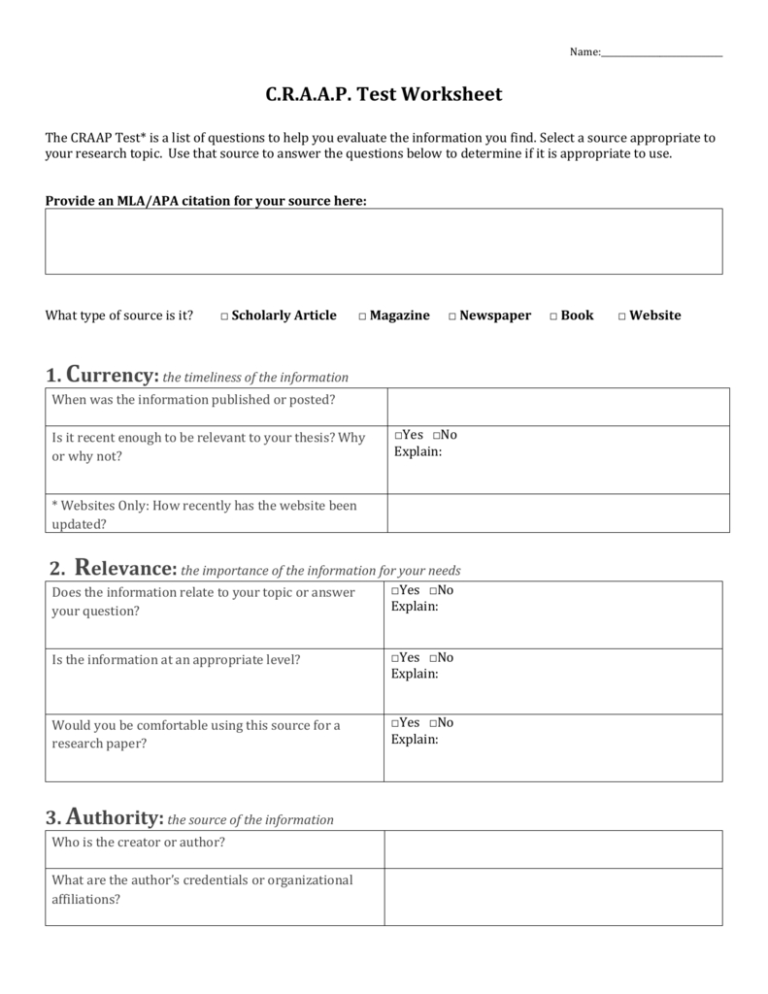
You can look this up by entering this query in Google: “link:”.Īll sources have a point of view. If a source is reliable, other websites will link to it.

If you cannot find a list of references or at least a bibliography, the information you found might not be reliable. How accurate is the information in this source? This can be difficult to check, so first look if you can find references and which type of sources they refer to. ".edu," for instance, is used by educational instutitutions and ".fed" by the Belgain governemnt (cf. The URL can tell you a lot about the origins of the information. Who published the information? Did you find it in an A1-publication or in a tabloid? Who is/are the author(s) and can you contact them? Did someone sponsor this article (and if so, who did)? How relevant is the information? What does the source say about your research topic? Is the information not too easy or too difficult for the intended audience of your research? How recent is the information you found? Look for a date stamp or the last date of an update. The CRAAP test gives you 5 criteria you should consider critically before using a source for your scientific research. However, you can also find many interesting sources on the internet. Academic libraries collect scientific literature, etc. Often, the publisher already gives you an insight into how reliable the source is publishers of A1-journals, for instance, already peer-review their articles. You want to base your academic, scientific research on scientifically sound sources.


 0 kommentar(er)
0 kommentar(er)
